Are you also a fan of the incredibly smooth melty golden goodness of butter which has some magical power, making our body crave more and more?
As a part of a Punjabi household, we have spent most of our childhood with makkhan and ghee, whether it is on parathas or rotis. Not only does it make our food more delicious, but it also provides rich nutrients.
While some people fear oils and fats found in butter thinking it increases cholesterol and fats, others love the divine taste of it.
We fear eating butter or ghee, but unknowingly consume biscuits and bakery items which are even more processed and contain harmful oils than butter.
However, recently butter has been a hot topic of controversy – whether butter is really good for us. Believe me, I haven’t yet found any solid arguments on why we shouldn’t have white butter.
So, should we consume butter?
Here are a few reasons why having butter is beneficial for our body.
- Great source of fat and vitamins: I have often discussed how some vitamins need fats to get absorbed. We can find these in butter as it contains important fat-soluble vitamins such as Vitamin A, D, E, K2 which can significantly lower heart risk and promote health. Especially for Vitamin D deficiency, I highly suggest that instead of consuming pills, start eating white butter or ghee. They have short-chain fatty acids which have essential antibacterial properties to keep you strong.
- Keeps skin healthy: The secret to glowing skin is remarkably simple. In winters, whenever your skin breaks out or lips become extremely dry, use makkhan. It contains selenium which helps keep our skin smooth and glowing.
- Boosts Immunity: Butter has Conjugated linoleic acid (CLA) which is usually found in grass fed milk and is an excellent source of anti-cancer agents. This helps boost immunity and reduces body fat as it not only contains CLA but also other vital nutrients like Vitamin A and D. I agree that there are other ways to improve immunity but for acquiring Vitamin A and D, butter is clearly one of the best options.
- Ensures healthy growth and development: Butter contains a good balance of Omega-3 and Omega 6, which is essential for a healthy and balanced growth. Even though fish oil is the best source for omega-3 and 6, we can always use butter as an alternative.
- Maintains weight: It’s a common myth that having butter or ghee means increasing cholesterol. But contrary to the common myth, having butter or ghee does not make you fat!
But, what about saturated fats and cholesterol?
This might surprise a few people, but our body needs saturated fats and cholesterol.
Butter and ghee provide us with good cholesterol, which is essential for our body. This mandates proper transportation & balance of hormones along with a proper functioning of liver.
Moving on, butter also contains lecithin which ensures a healthy metabolism of cholesterol. Therefore, it’s time to break the myth that consuming butter means increasing weight.
In fact, there are other reasons which can increase cholesterol such as deficiency of Vitamin which is a major contributor to the formation of cholesterol in the body. This happens when people are conscious of fats intake, but unknowingly consume trans fats, saturated or refined fats through the unhealthy processed items like biscuits, bakery items or any other type of namkeen.
It’s true that butter contains saturated fats which can clog your arteries, but this only happens if we don’t eat in moderation (like with anything else). However, this doesn’t mean that we should totally restrict consumption of butter or ghee and lose out on the many benefits it has to provide.
Homemade butter vs packaged butter
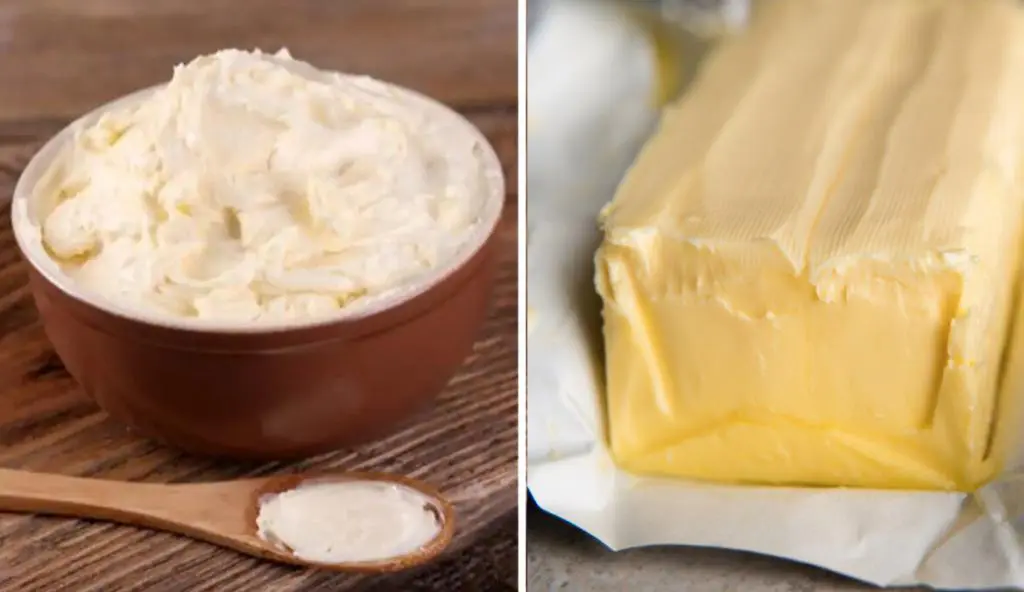
Everyone can agree with me that there is nothing like freshly churned homemade butter made from milk cream. Unlike packaged butter, it is pure and full of healthy nutrients. But as lifestyles change, in today’s generation not everybody has the time to make makkhan at home and we use the readily available butter.
But what is the exact difference between the two butters and which is better?
The most important difference is the amount of sodium content. If you peek on the nutritional value at the back of the packet, you will realize that packaged butter has an outrageous amount of sodium, approximately 8.36 mg per 100g, which can be harmful for our body, especially for hypertension and cardiovascular patients. Apart from excess salt, packaged butter contains hidden sugar and coloring agents.
High amount of sodium acts as a preservative and that’s why packaged butter lasts longer than homemade butter, but it barely has the important nutrients that our body needs. Due to the short lifespan of homemade butter, I would recommend turning it into ghee as observed in our Indian tradition.
Even though both – homemade and packaged butter have the same number of calories, packaged butter is not advisable because of its high sodium content. Have you ever noticed that whenever you consume buttery food at night, your stomach feels bloated? This happens because of the high sodium content and if you switch to homemade butter, it will never make you feel bloated or make you crave unnecessary foods. Intake of too much salt not only leads to bloating but also creates water retention.
Another myth that I want to break is the idea of “low fat butter” or “low cholesterol butter”. Remember these are merely misleading labels, and in reality there are no such types of butter.
So that is why the best type of butter is the one that is naturally unprocessed and pure. I’m sure we all know this, but the problem is that we seem to believe that it is difficult to take out some time from our busy schedules to make butter.
But believe me, it is quite easy and fun to make butter at home with organic milk. All you need to do is collect the top creamy layer (malai) and refrigerate it. Once a good amount of malai is collected, just churn it and you have pure homemade butter ready. The water waste is a nourishing and healthy buttermilk which can be consumed as a mid-meal. You can add jeera (cumin), pudina (mint) and a little sugar or even add it in wheat flour to get the benefit of proper absorption of nutrients.
Butter or ghee: Which is better?

Now let us talk about the difference between butter and ghee.
Ghee has always been a part of our Indian tradition, but somewhere along the way we have lost the connection as our lifestyles have drastically changed. I strongly believe we should always stay connected to our own traditions and culture because there is nothing better and healthier than our own natural Indian food.
If you ever notice, our traditional recipes are inherently made in such a manner that it naturally embeds the use of ghee in our dishes.
But people often get confused on when to eat butter or ghee. The smoking point tells us when to use ghee and when to use butter. So what do we mean by smoking point? It is the temperature at which an oil starts to burn and can produce harmful radicals and toxins.
Firstly, Ghee has a high smoking point which can be used in cooking for giving Indian tadka or even for frying. On the other hand, makkhan (butter) has a low smoking point, and that is why it’s advisable to use it as dressing either on rotis, paratha or even on salads.
If you see any traditional dish, you will notice that they usually include ghee in their recipe and not butter. This is because of the differences in their smoking point.
Secondly, ghee is one of the best remedies for lactose intolerant individuals. There are many studies that claim that heating ghee oxidizes cholesterol, meaning it creates bad cholesterol. But let me clear something here, the problem arises when we heat makkhan on an extremely high flame. But if we heat homemade butter on a low flame then it would not oxidize the cholesterol. So always remember to heat homemade butter on a low flame to turn it into ghee and never on a high flame!
More about butter and ghee
There is absolutely no reason to fear that having ghee would increase your weight through fat formation. In fact, ghee contains short-chain fatty acids which metabolizes and helps to restrict the fat accumulation in our body.
But like I keep saying, the problem is not whether to eat butter or ghee, but how much of it to eat?
According to RDA, our body requires around 25-30 ml of oil or fat intake. It means we need to have 6 teaspoons in a day. My recommendation to everyone would be to split the ratio to 3:3 wherein you’d consume 3 teaspoons of ghee and other oils respectively.
An average day consists of three main meals so you can add one teaspoon of ghee (or makkhan) for each meal either on parathas or rotis. The next two teaspoon of mustard or seed oil can be naturally found in our daily homemade food through vegetables or other foods that are made using a tadka. The remaining one teaspoon can be used in the form of coconut oil either directly or through salad dressing. This 3:3 ratio is the best way to moderate the consumption of fats and oils while absorbing all the beneficial nutrients simultaneously.
Again, our traditional recipes give a great signal of how much ghee to have as it’s known to be a natural filler. That’s why whenever you have any food with ghee you instantly feel satisfied and full which is not the case with butter as it over-enhances our taste buds and causes the craving for overeating.
I have noticed that many people don’t like the smell of ghee, and others despise the taste of it. For the ones who don’t like the taste of ghee, try adding a little kesar or honey into it and I guarantee that you will fall in love with the taste of it.
The last difference between ghee and butter is their shelf life. Homemade butter lasts only for a few days whereas ghee can be used for many months. Therefore, as soon as you think that the butter is turning bad, heat it on a low flame and convert it into ghee.
Even though the calorie content of ghee may be a little more than butter, both have the same amount of nutritional value, so do not fear having ghee.
Conclusion
In a nutshell, have everything whether it’s ghee or butter, but always remember to have it in moderation. Any excess of oil or fats will lead to heart or cholesterol problems, but if you follow the 3:3 ratio that I told you about, I guarantee you that there will be no problems and only benefits. You do not need to indulge in fearful eating, enjoy your luscious buttery aloo ka paratha, but moderately. Aim to create a balanced diet and lifestyle.
Have a smooth and healthy journey ahead.

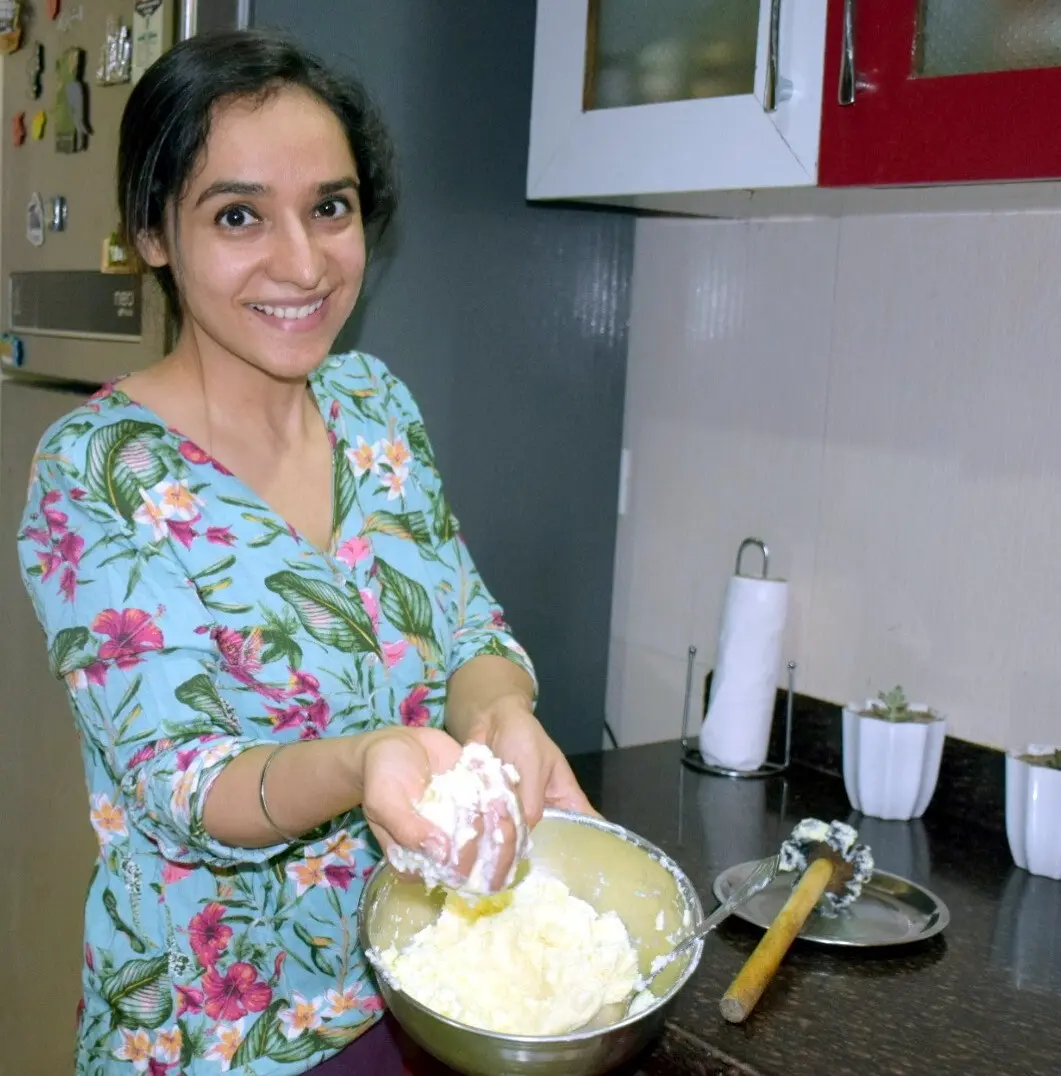
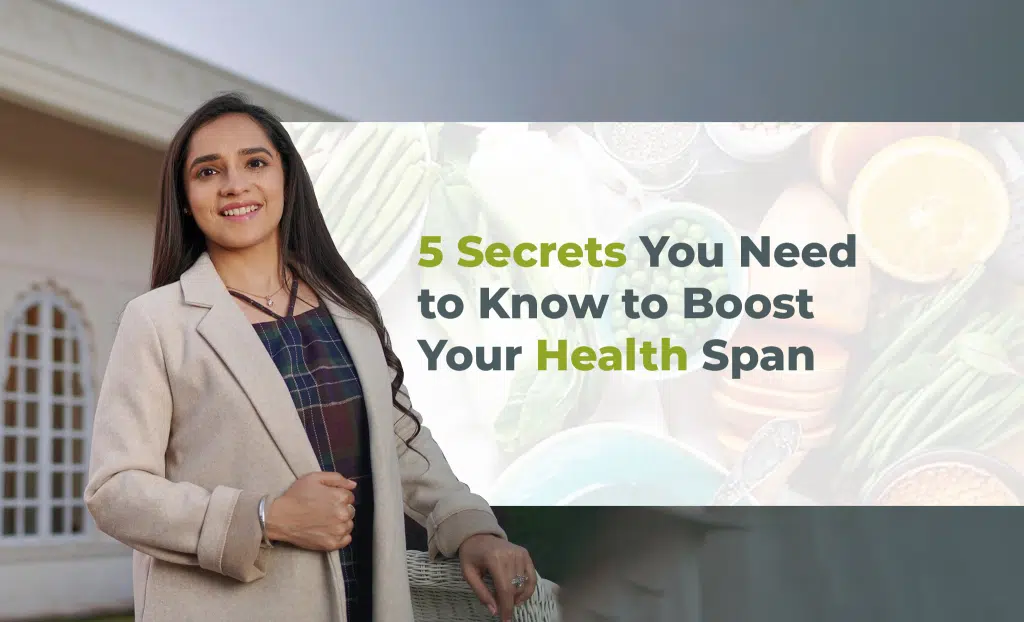
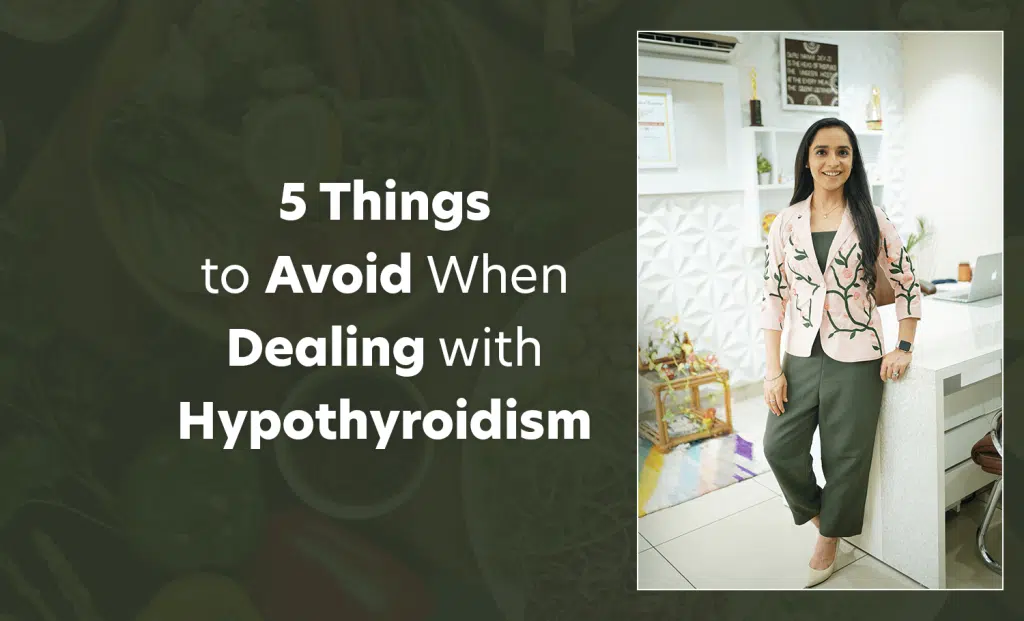
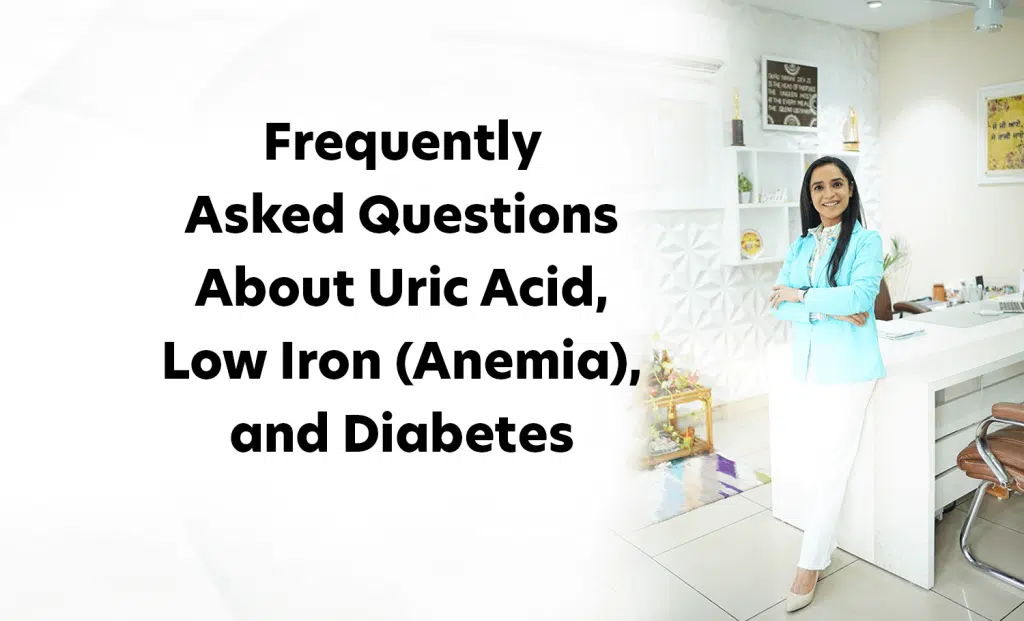
Beautiful. I always preferred home made butter, ghee, paneer, mawa. Never bought these things.You are very sweet from heart, always promt home made things to our new generation who has fast life and depends on swiggy and zomato.
Thanks you and God bless you.
Veena Singh
I really this articles is very useful of my life and my family.I am very inspired your way u talk .may god bless u
Thanks amazing information and totally rely on it..suoerb job
Sad to note that the present generation has no time. Of yore every item from mirch, haldi to ghee was homemade in abundance. One would share with relatives.
Really good information. We grew up on home butter, so tasty compared to the store bought.
My question is that can we make butter also using powdered milk, as fresh milk is not available where I live.
Sharma VK